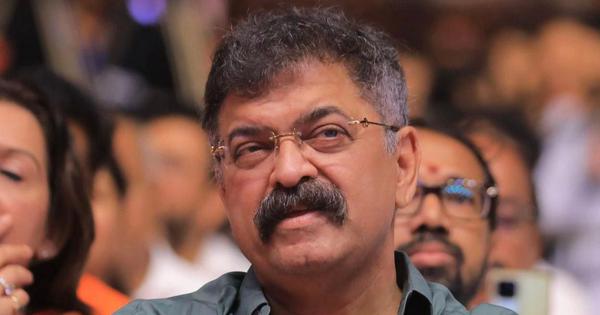Maharashtra COVID-19 ‘Mission Begin Again’: What will be allowed and not allowed
Maharashtra state has extended the lockdown until June 30 with certain restrictions eased but malls, gymnasiums and religious places will stay shut.

Maharashtra state will begin easing the COVID-19 lockdown restrictions starting from tomorrow, June 3rd, in a phased manner. The state has extended the COVID-19 lockdown until June 30 but some activities will be allowed.
The state government had released the lockdown guidelines on May 30 which had stricter lockdown guidelines compared to what was recommended by the centre on May 28. The state government termed the easing of restrictions as ‘Mission Begin Again’.
The first phase of the mission will see certain restrictions being lifted on June 3. The second phase of the mission will see more restrictions being lifted from June 5 and the third phase of easing will be from June 8. The lockdown still does not allow certain activities throughout the month of June which are as follows:
Maharashtra Lockdown 5.0: What’s not allowed until June 30:
- All educational institutions including schools, colleges, coaching centres, tuition centres, etc.
- International air travel except for those permitted by MHA.
- Metro Rail.
- Passenger Movement by trains and domestic air travel unless specifically allowed through separate orders and standard operating procedure (SOP).
- Cinema halls, malls, gymnasiums, swimming pool, entertainment park, bars, auditoriums, theatres, assembly halls, and similar places.
- Any functions or congregations for social, political, sport, entertainment, cultural, religious or academic purposes.
- Places of worship for public.
- Salon, barber shops, spas, or beauty parlours.
- Hotels, restaurants, or other hospitality services
The restrictions in the state are being lifted in three phases. This is what will be allowed in each phase.
Maharashtra Lockdown 5.0: What’s allowed from June 3:
- Individuals are allowed to access open public places like parks, gardens, beaches, promenades, and open playgrounds for the purposes of physical activities like cycling, jogging, running, walking between 5.00 am to 7.00 pm with certain restrictions. No individual or group activities other than the above-mentioned activities will be allowed to be undertaken in these open spaces; however, children should be accompanied by an adult. Individuals are supposed to access open spaces in their neighbourhoods and will not be allowed to travel long distances. Individuals are still supposed to follow physical distancing and not let the places get crowded.
- Self-employed people can resume working like plumbers, electricians, mechanics, pest control and other technicians.
- Garages and workshops can start mending vehicles and other machines but with prior appointments.
Maharashtra Lockdown 5.0: What’s allowed from June 5:
- Markets except malls and market complexes can open and will be allowed to function from 9.00 am to 5.00 pm. Shops on one side of the lane will be allowed to open on odd dates and shops on the other side to open on even days. Use of trials rooms will not be allowed and there will be a no-return policy on goods sold. Shopkeepers will be responsible for maintaining proper physical distancing of their customers. Shoppers will be encouraged to visit via walking or cycling. Use of motorised vehicle will be discouraged.
- Movement of people via taxi, cabs, rickshaws and two-wheelers will be allowed for essential purposes. Only three people (including driver) will be allowed in a cab, four-wheelers and rickshaws. Pillion riders will not be allowed in two-wheelers.
Maharashtra Lockdown 5.0: What’s allowed from June 8:
Private offices in the state can start working with no more than 10% strength. Offices choosing to open will have to train their employees on COVID-19 precautions so that vulnerable group can be protected against the disease.
Maharashtra Lockdown 5.0: Containment Zones
These relaxations will not be applicable to containment zones as demarcated by municipal authorities. Containment zones will carry out services which are essential in nature which includes movement for medical emergencies, supply of essential goods, and shops selling essential goods.















